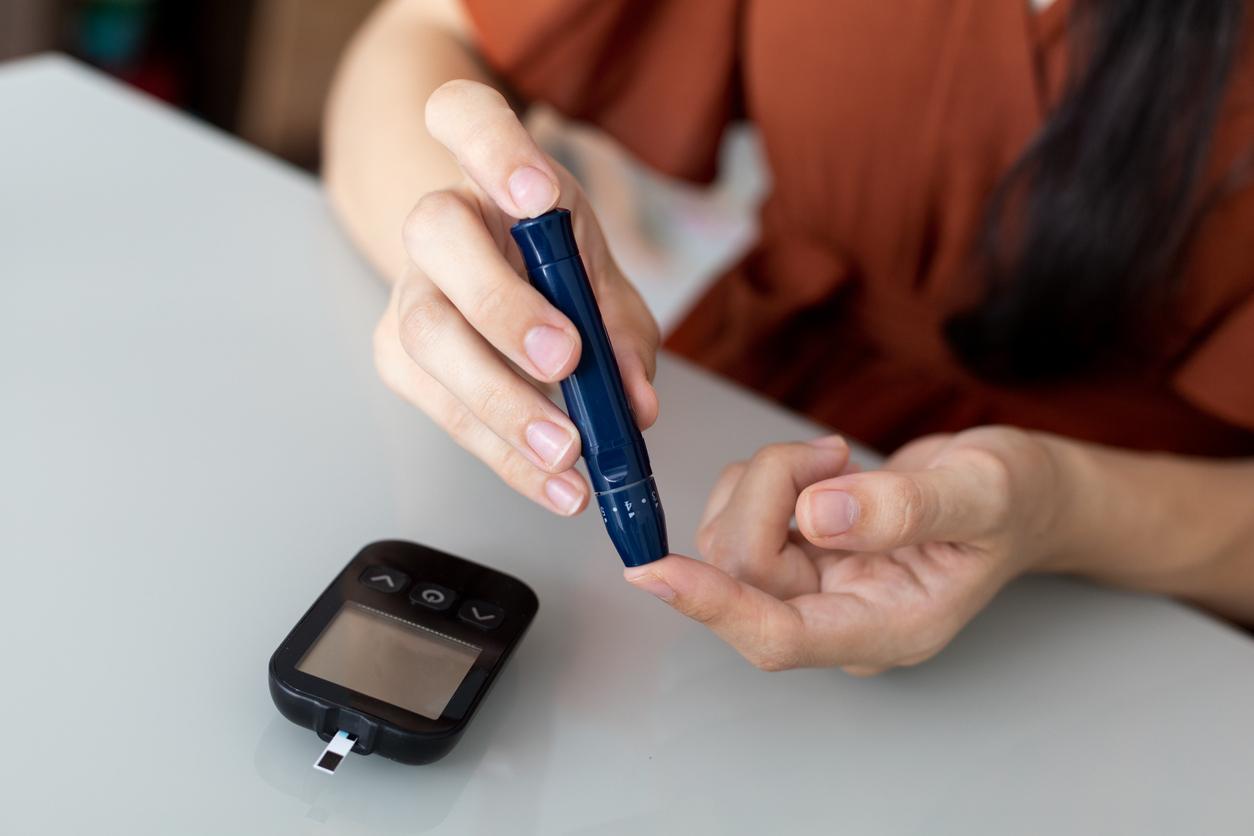Lampposts, illuminated advertisements, illuminated shop windows… Night lighting is associated with an increased risk of diabetes because it affects blood sugar control.

- More than 80% of the world’s population is exposed to “light pollution” at night.
- It disrupts the circadian rhythm of insects, birds and other animals, leading to premature death and loss of biodiversity.
- Exposure to artificial light at night alters the timing of food intake.
What if walking in a well-lit neighborhood at night led to the onset of diabetes? This was suggested by researchers from the Shanghai Jiaotong University School of Medicine (China) in a study published in the journal Diabetology. “Exposure to artificial light at night disrupts the circadian synchronization system and may be a risk factor for diabetes. Our aim was to explore associations between chronic exposure to outdoor nighttime lighting and markers of diabetes. ‘carbohydrate homeostasis, as well as the prevalence of diabetes’, they wrote in the works.
98,658 adults were assigned an outdoor light exposure level
As part of the research, the scientists analyzed data from a non-communicable disease surveillance cohort in China. The latter covered 98,658 people over the age of 18. They were interviewed to collect demographic, medical, income, lifestyle, education and family background information. Blood samples were also taken to obtain fasting and post-meal blood glucose levels, as well as glycated hemoglobin (HbA1c).
“Exposure to outdoor artificial light was estimated from satellite data”, the team said. Volunteers at each study site were assigned an average artificial LAN exposure level for that location, using nighttime image data. Exposure levels were ranked from lowest to highest.
Diabetes: night lighting disrupts blood sugar control
According to the study, adults most exposed to outdoor lights at night were 28% more likely to develop diabetes. High exposure to artificial light at night was associated with poor blood sugar control and insulin resistance.
According to the authors, these findings add to a growing body of evidence suggesting that nighttime lighting harms metabolic health. “Further research involving the direct measurement of individual exposure to outdoor artificial light is needed to confirm whether its link to diabetes is a causal relationship,” concluded the scientists in a statement.

















